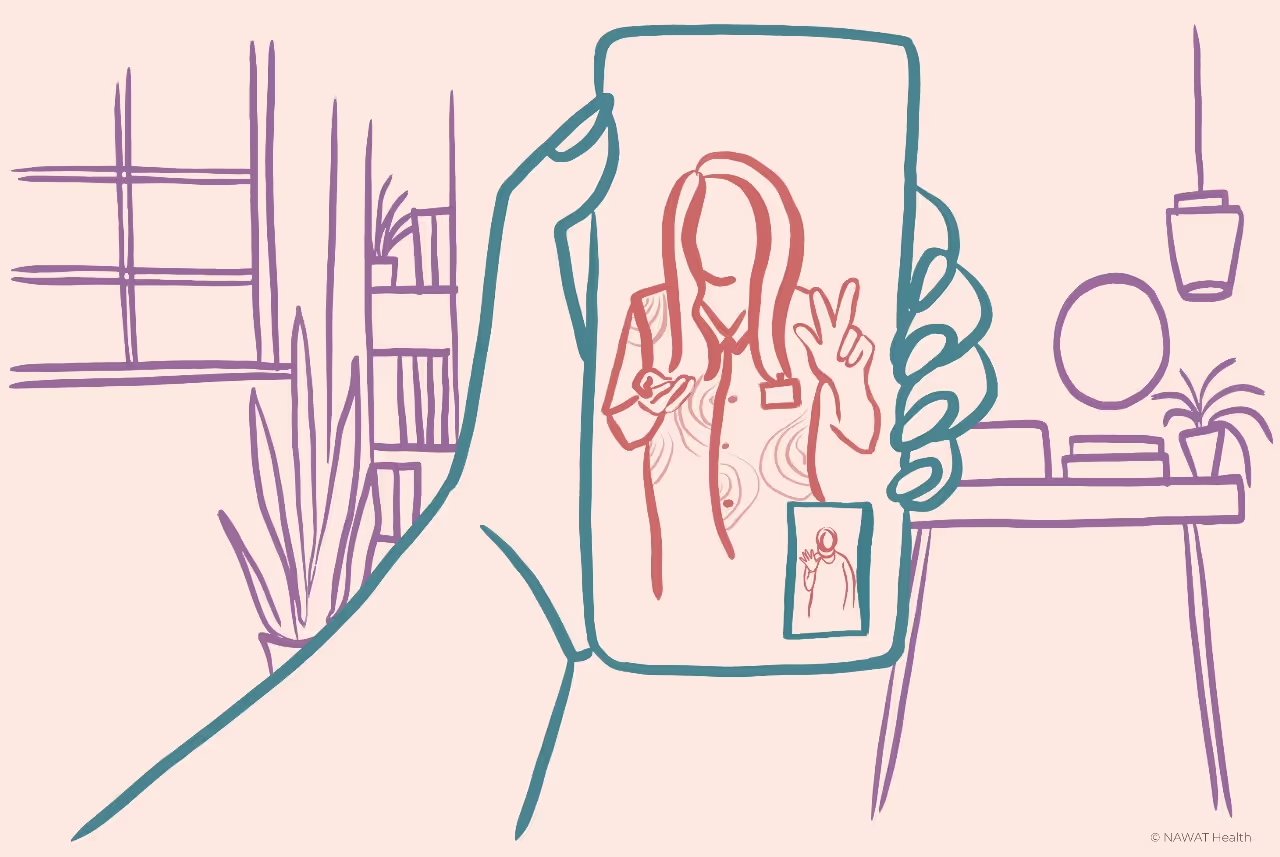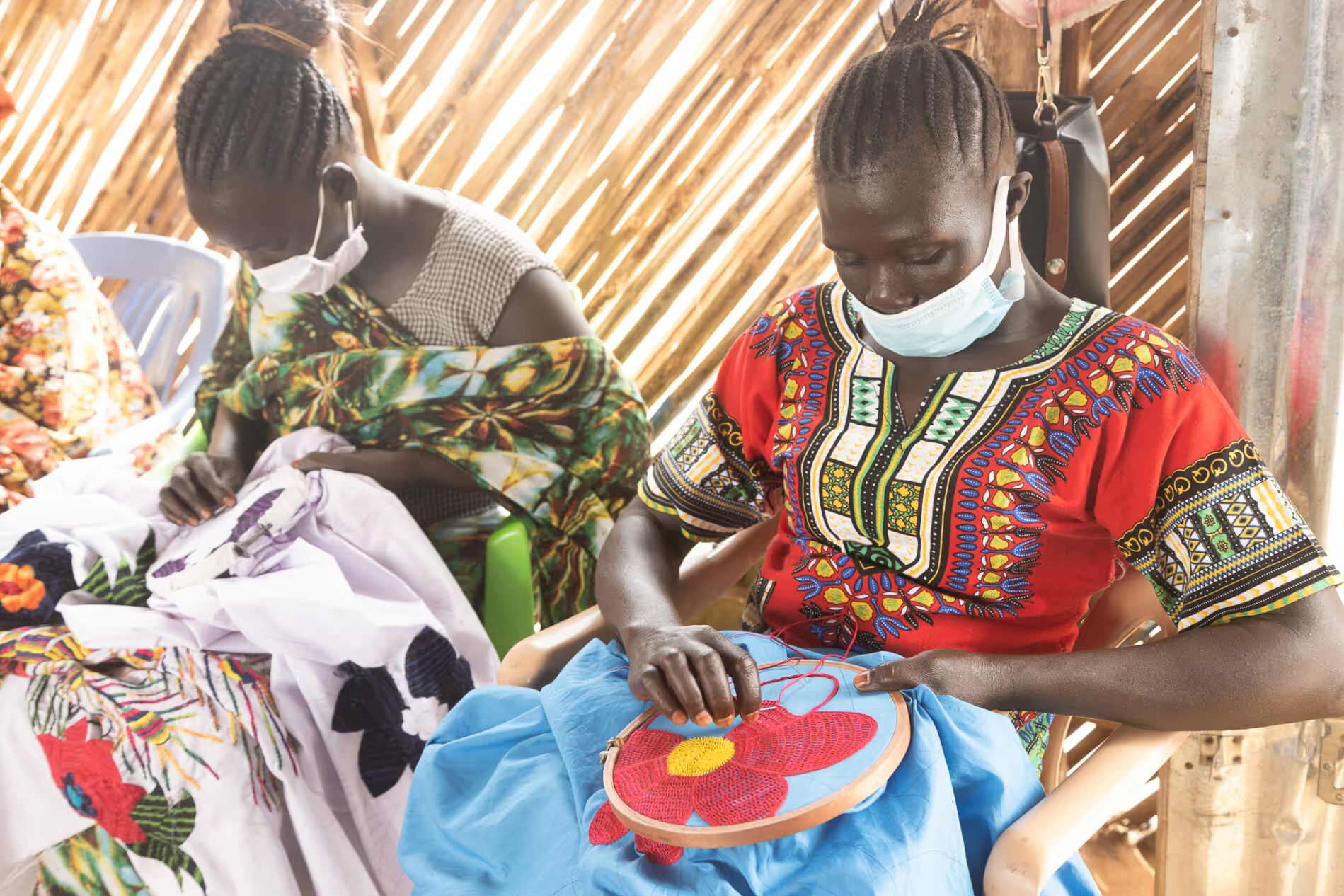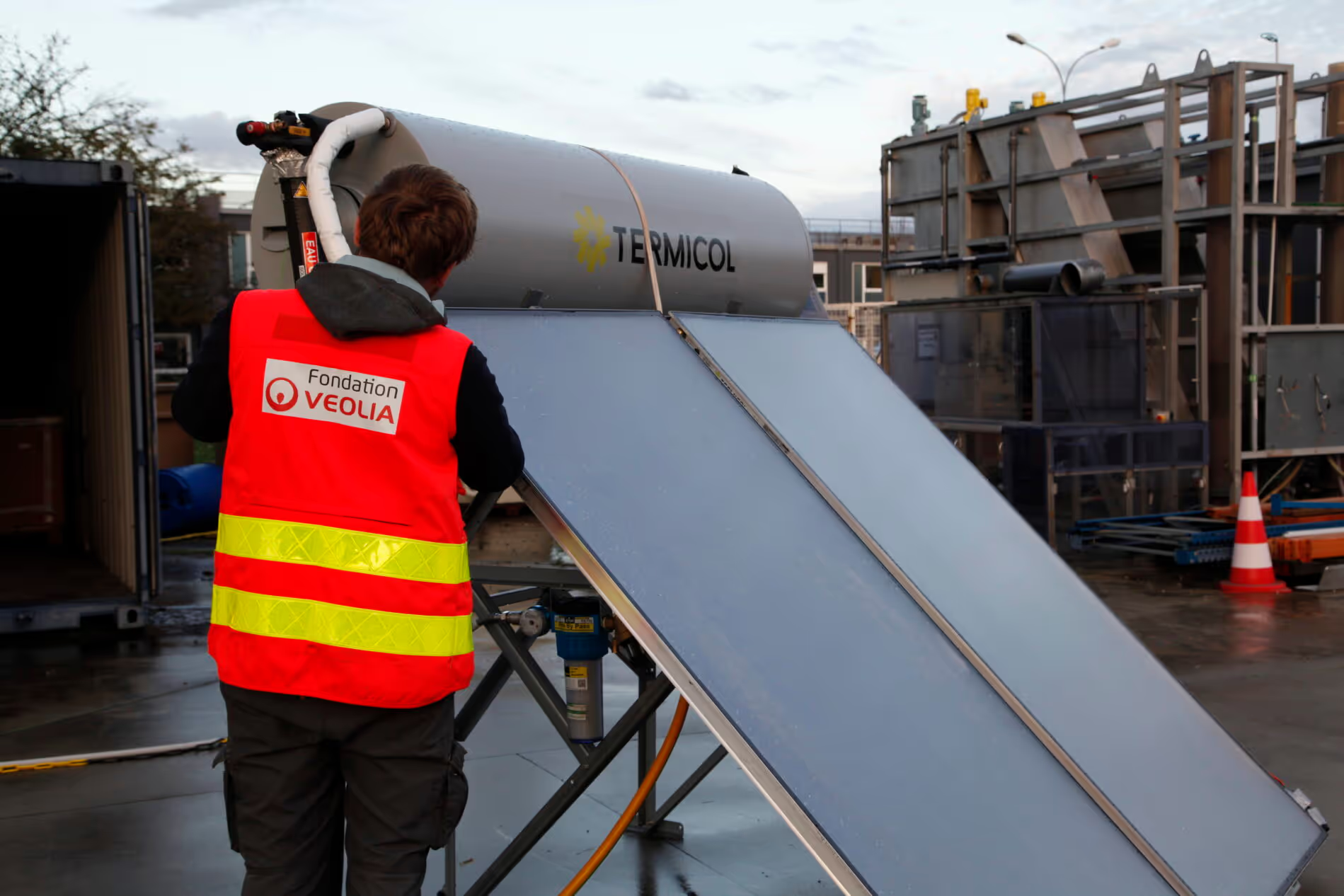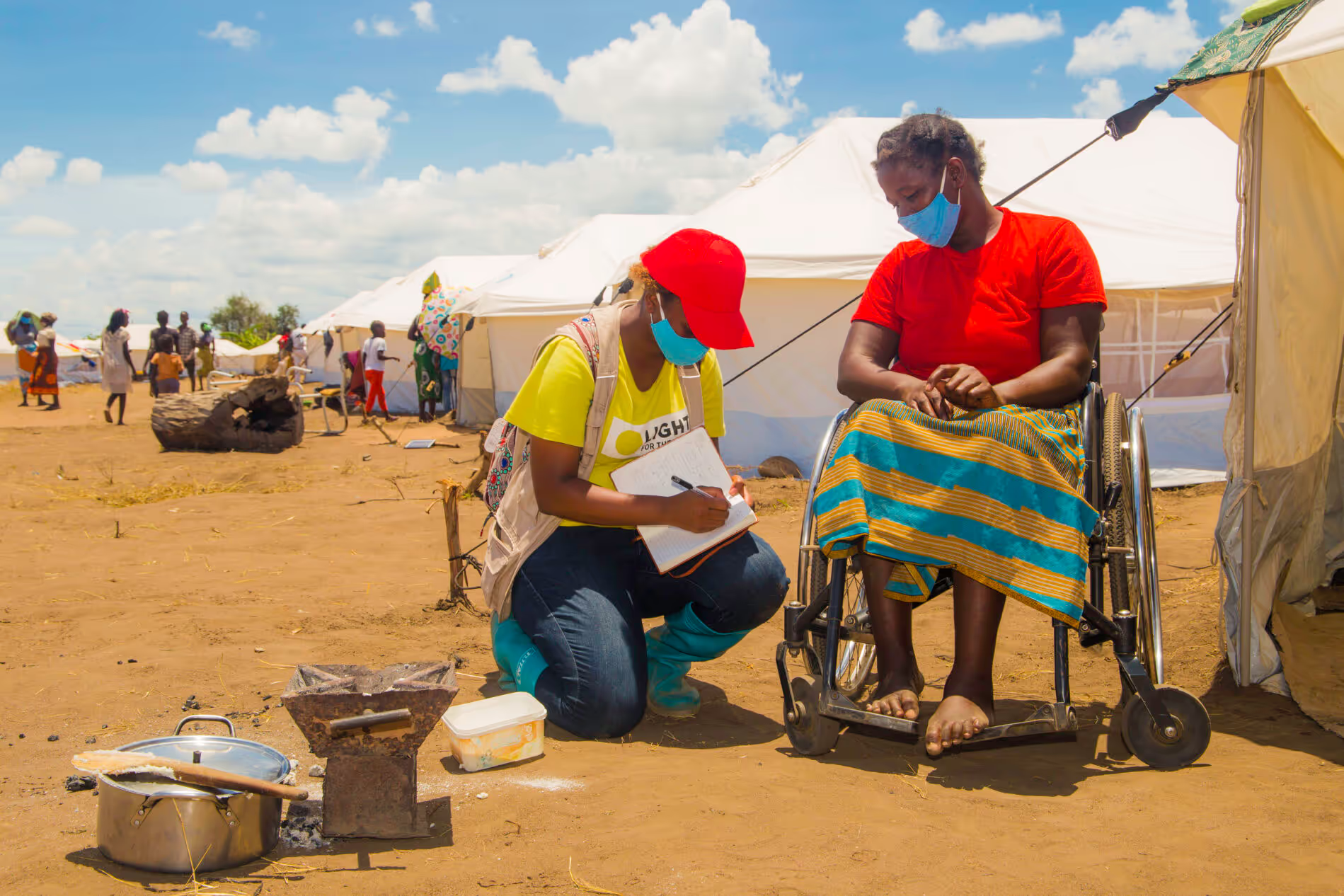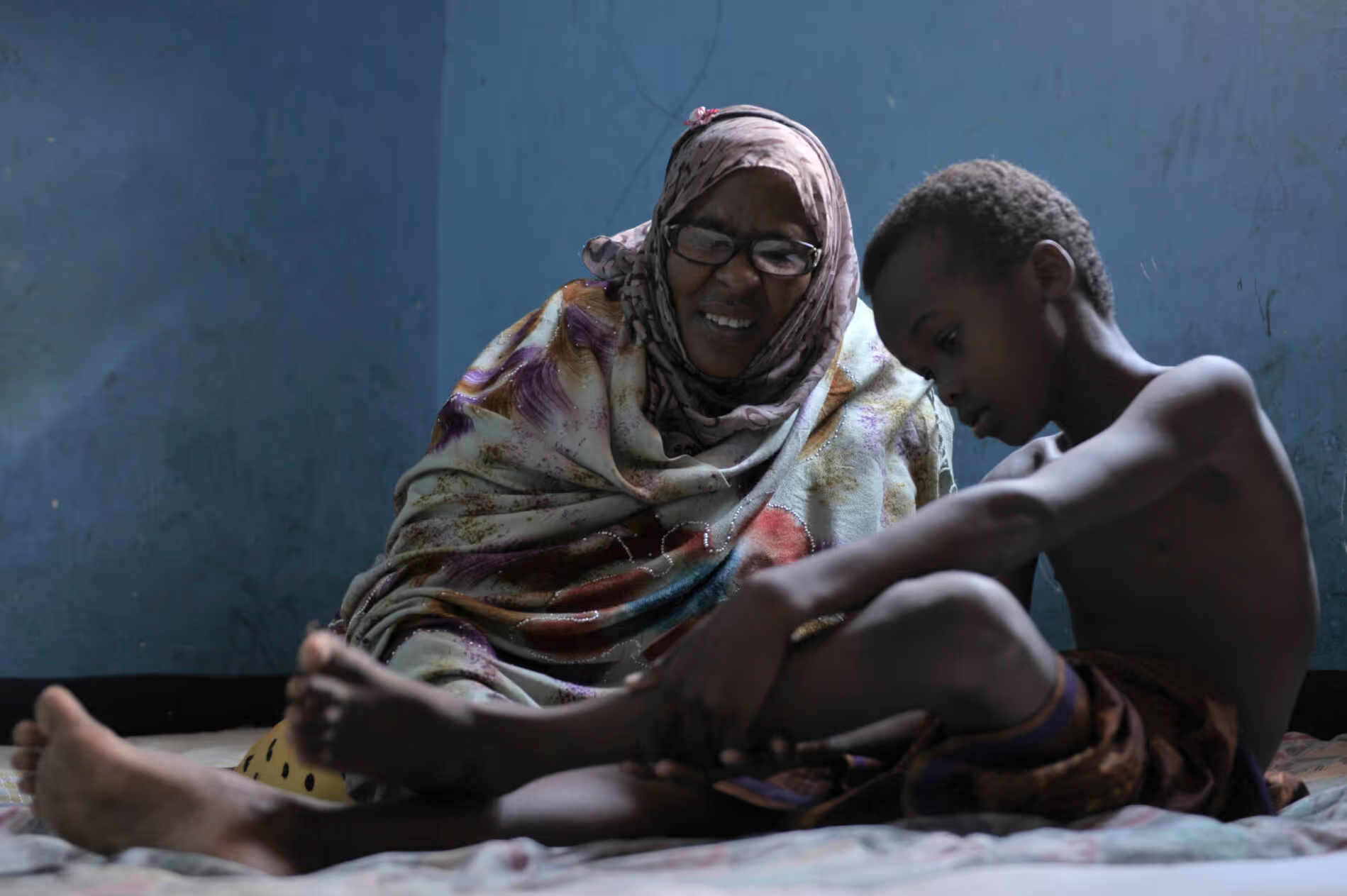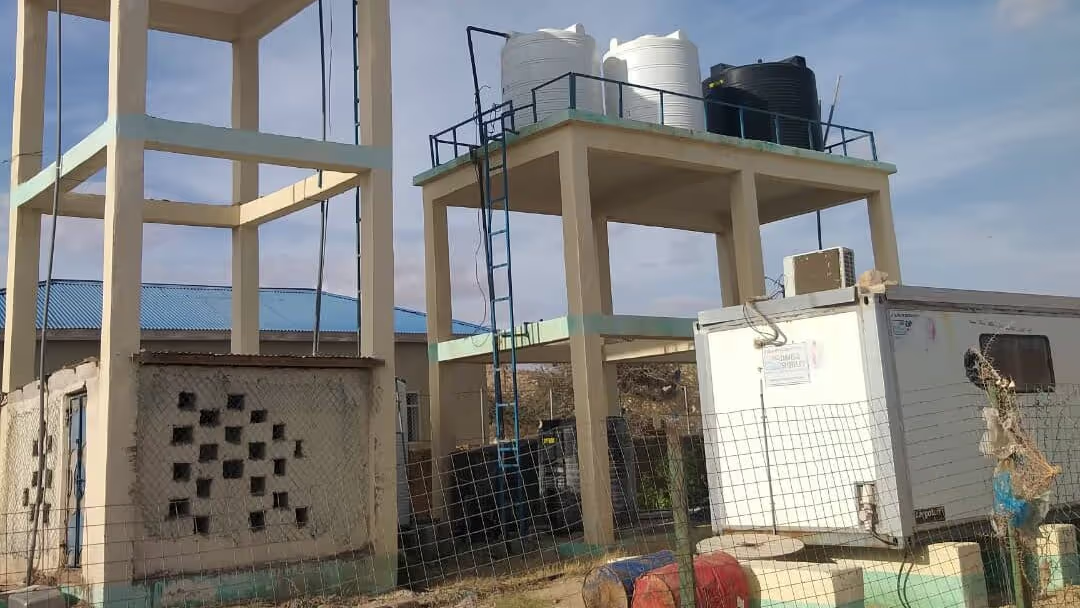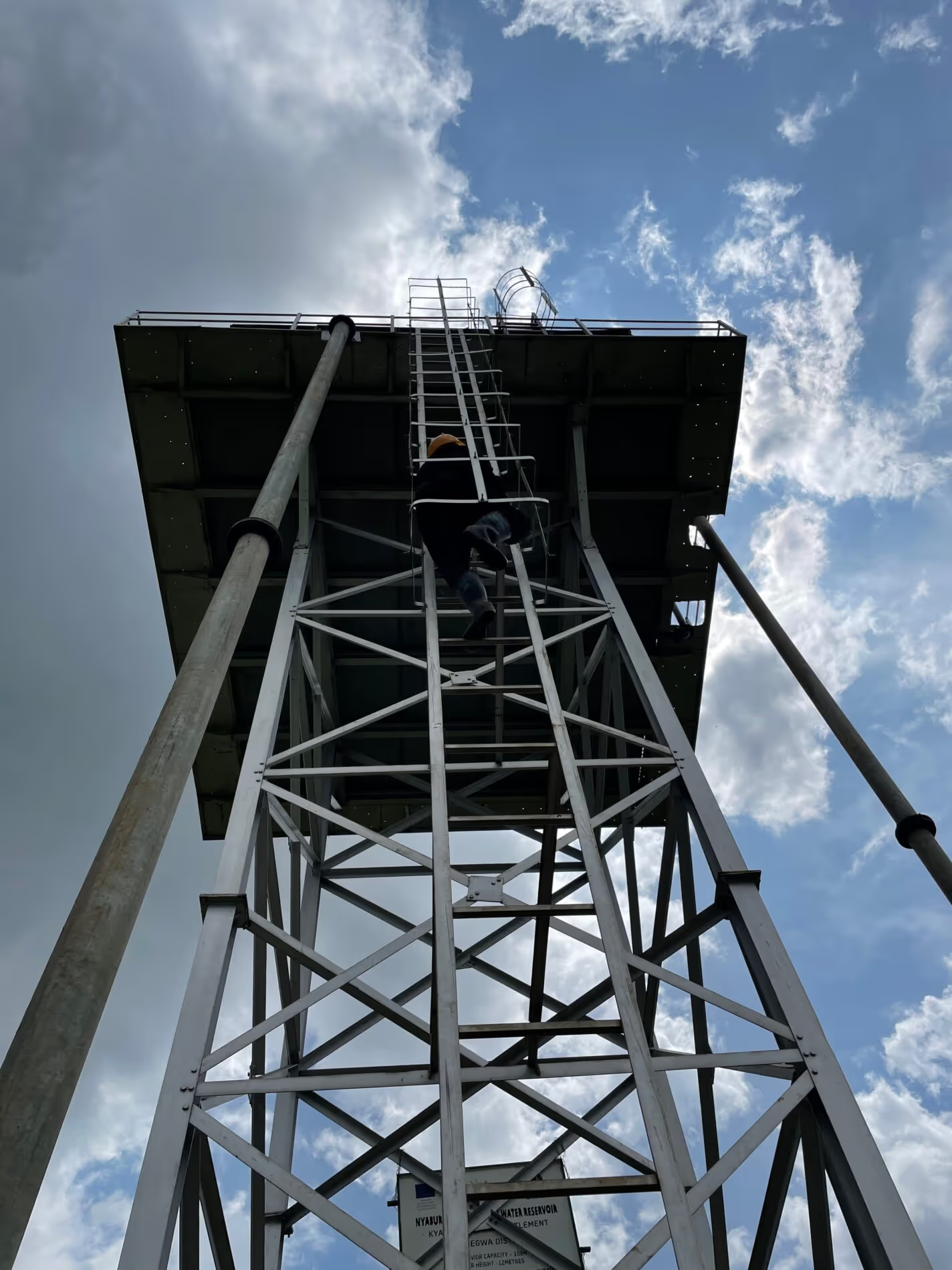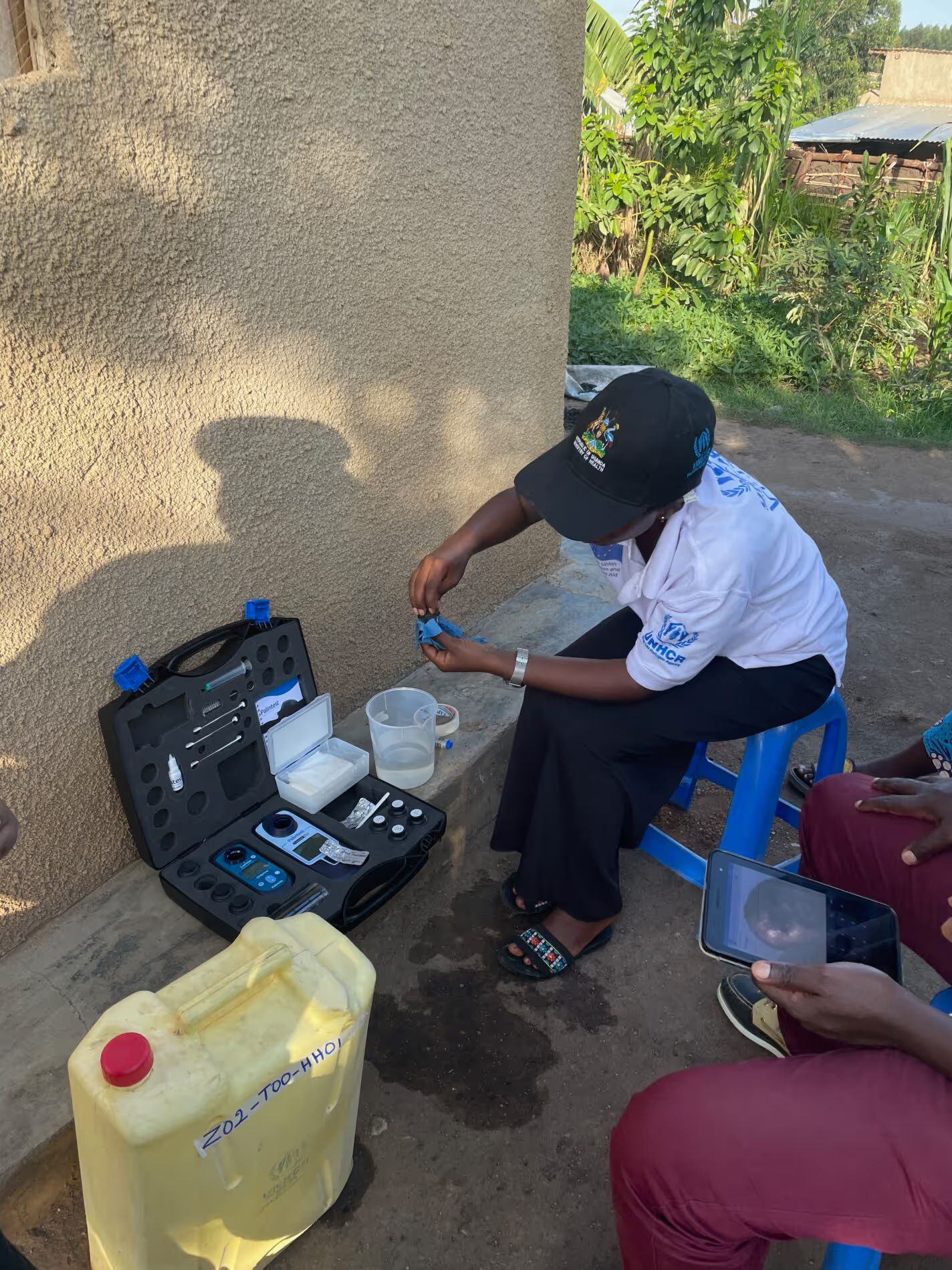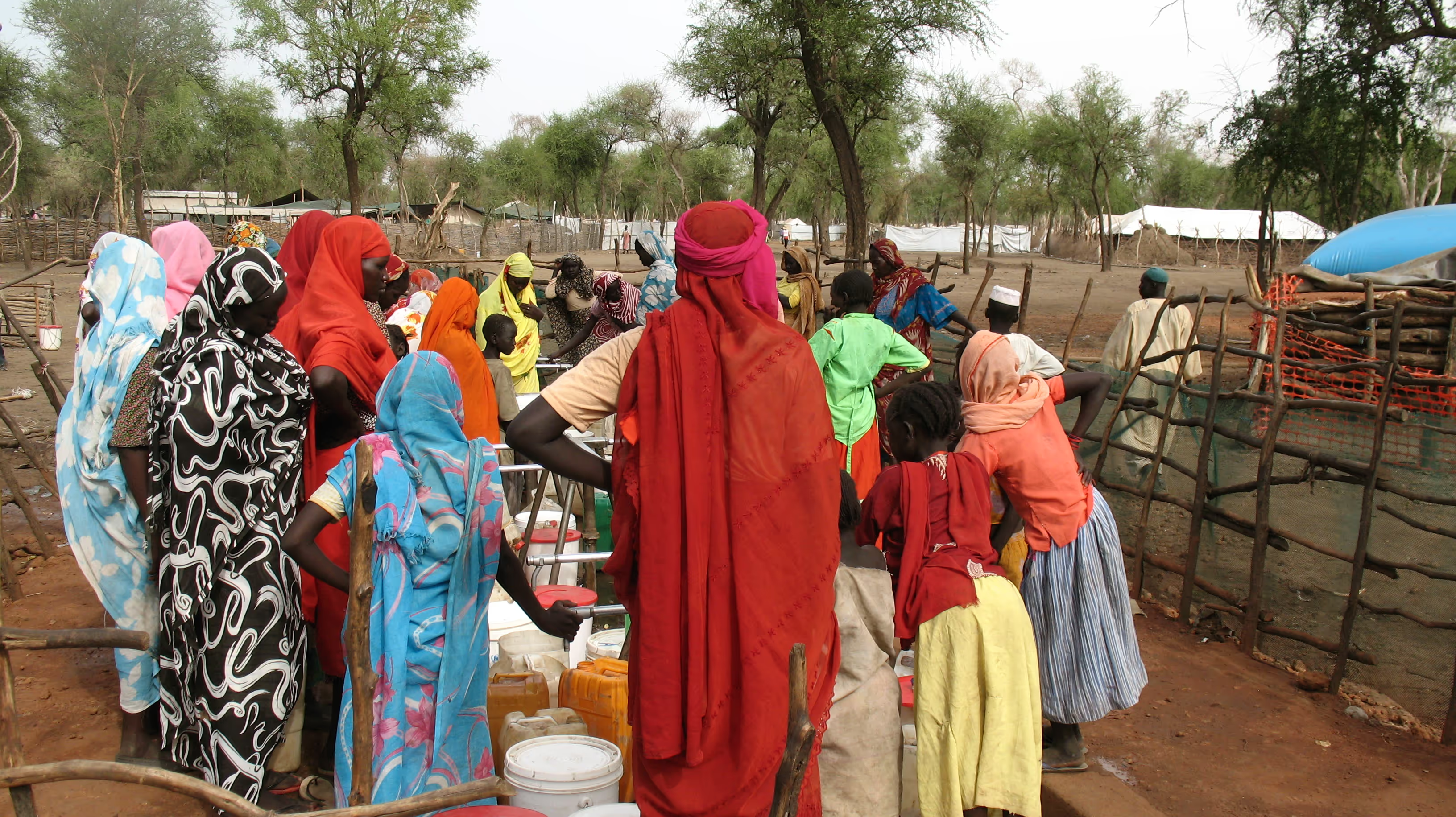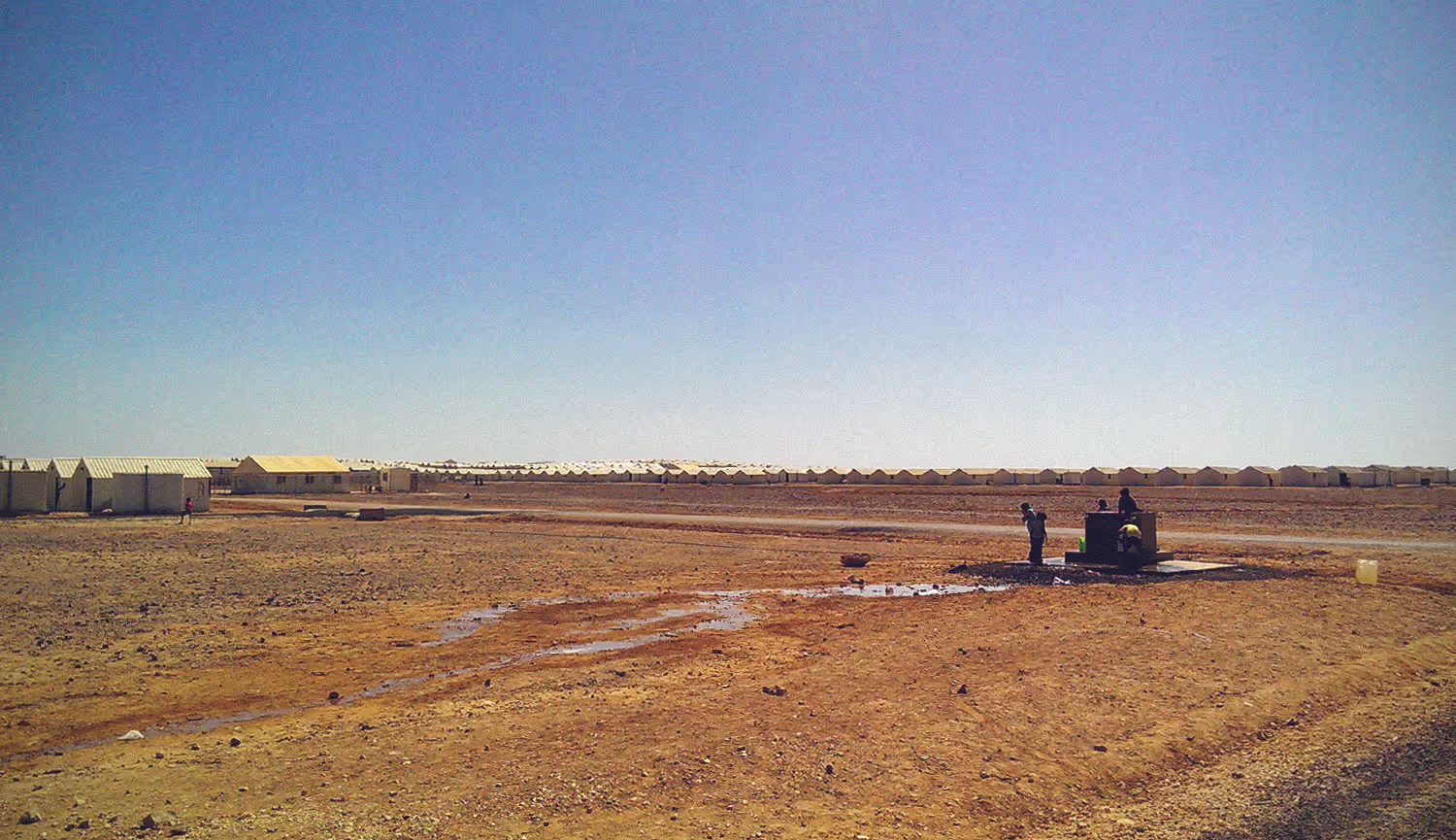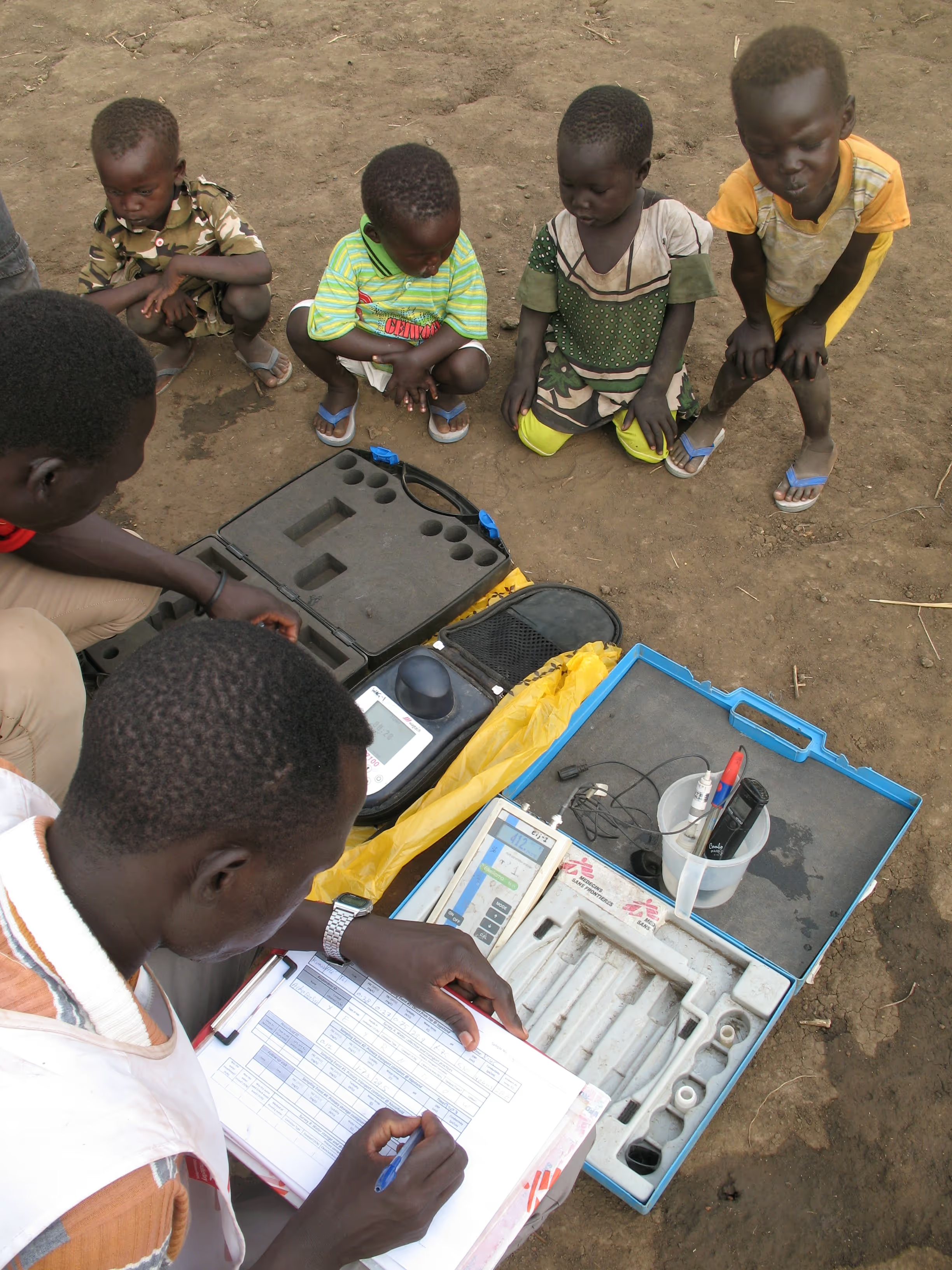Safe Water for Refugees
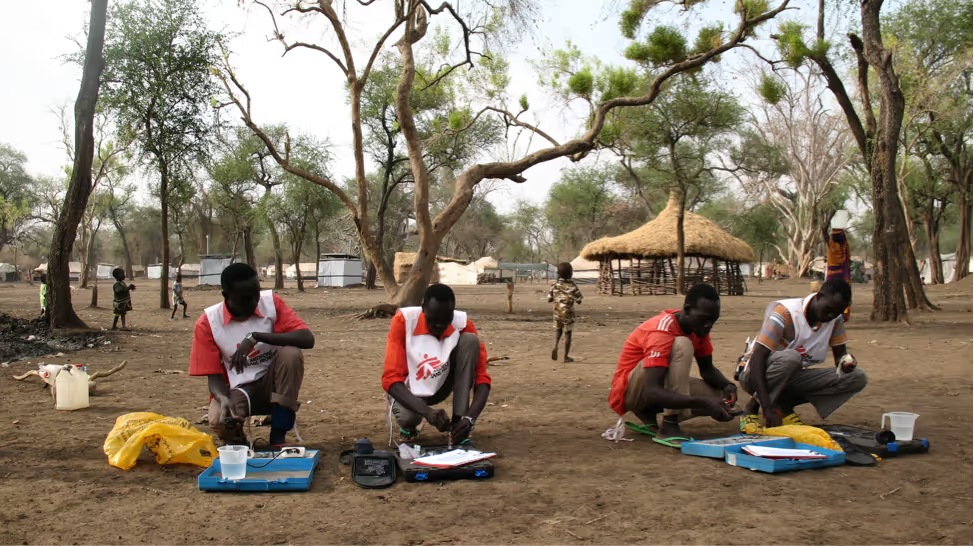
Project overview
Humanitarian response teams need reliable, evidence-based water chlorination guidelines that ensure water remains safe to drink, even after many hours of household storage and use. The Safe Water for Refugees project is developing, evaluating, and scaling a novel web-based tool that uses machine-learning and numerical modelling to generate life-preserving insights from water quality monitoring data already routinely collected in humanitarian operations. The insights generated can be directly applied to improve water treatment practices in humanitarian crises, where waterborne diseases remain a leading cause of preventable deaths.
Project solution
This project offers [specific solution or intervention] to tackle [challenge]. By implementing [strategies, tools, or innovations], the project aims to achieve [desired outcomes]. The approach is designed to [specific actions or methods] to bring about meaningful change in [community, region, or issue area].
Expected outcomes
This project aims to achieve [specific outcomes], such as [measurable results, improvements, or changes]. The expected impact includes [benefits to the target community, advancements in research or innovation, or long-term effects]. By the end of the project, we anticipate [specific changes or milestones] that will contribute to [broader goals or objectives].
[embed]https://player.vimeo.com/video/945910136[/embed]
WHAT IS THE HUMANITARIAN NEED?
Waterborne diseases are among the most significant health threats facing people in refugee and internally displaced persons settlements. Conditions in such sites allow diseases like cholera to flourish. And while chlorination – the most common water treatment method used in emergencies – is inexpensive and effective, its protection fades over time at rates that vary from site to site.
Global guidelines for water treatment do not consider post-distribution chlorine decay. They don’t account for what happens after water is collected, stored and used in the home over many hours, which is typical in humanitarian settings. This gap leaves communities vulnerable to the spread of infectious disease from water that has become re-contaminated after it has left water distribution points. Many outbreaks of waterborne disease in refugee camps have been linked to the recontamination of previously treated water.
WHAT APPROACH ARE YOU TAKING TO BUILDING EVIDENCE AND HOW WILL IT HELP YOUR PROJECT TO SCALE?
The SWOT is a user-friendly web-based platform that unlocks operational insights from routine water quality monitoring data in humanitarian response settings. It applies cutting-edge modelling techniques to generate evidence-based, context-specific water chlorination targets. This information is critical for understanding public health risks and for identifying actions to improve water safety up to the point of consumption – where it actually matters for public health. We pilot-tested the SWOT in the Cox’s Bazar refugee camps in Bangladesh in 2019 and found that it produced substantive improvements in household water safety compared to the status quo chlorination guidelines.
The SWOT is a low-bandwidth web platform, designed to be accessible in remote and resource-constrained field settings. It’s free to use and comes with an online knowledge base, training and expert technical support.
In this project, we aim to build evidence that will support the scaling of the SWOT across the global humanitarian sector. Using a mixed-methods approach, we will:
- Evaluate the SWOT in three new humanitarian water supply use cases—water trucking, medical facilities, and surface water supplies
- Improve the robustness of the SWOT’s numerical and machine-learning modelling tools
- Generate insights on how to improve the tool’s use-ability and functionality by learning from field users
- Create rapid tools for evaluating chlorine taste and odour acceptance thresholds and for characterising disinfection by-products in humanitarian water supply projects
WHAT PROGRESS HAS BEEN MADE?
Evaluations have shown that the chlorination targets generated by the SWOT outperform global standards across a range of contexts, including with surface water and groundwater sources, and in piped networks, water trucking operations, and medical facilities.
The innovation has been used by seven humanitarian organisations - including Oxfam, Médecins Sans Frontières, and UNHCR - at 17 sites across nine countries, as part of water systems serving over half a million people.
INNOVATION POTENTIAL
The SWOT is a valuable tool wherever water safety may be compromised by pathogenic recontamination. The team is scaling up the innovation and, in response to feedback from WASH teams, is developing new features. These include supporting water quality surveillance across multiple sites for coordinated risk assessment; integrated tools for addressing chlorine taste and odour and disinfection by-product concerns; and modelling the health outcomes of safe water interventions by integrating machine learning and quantitative microbial risk assessment techniques.
[.slimline-cta-box][.slimline-cta_heading]Links to more information[.slimline-cta_heading][.slimline-cta_paragraph]Safe Water Optimization Tool (SWOT) wesbite[.slimline-cta_paragraph][.slimline-cta-box]
[.slimline-cta-box][.slimline-cta_heading]Key research papers:[.slimline-cta_heading][.slimline-cta_paragraph]Heylen, C. et al. (2024) ‘Evaluation of the Safe Water Optimization Tool to Provide Evidence-based Chlorination Targets in Surface Waters: Lessons from a Refugee Setting in Uganda’, Environmental Science &; Technology. doi:10.1021/acs.est.4c04240
De Santi, M. et al. (2022) ‘Modelling point-of-consumption residual chlorine in humanitarian response: Can cost-sensitive learning improve probabilistic forecasts?’, PLOS Water, 1(9).
De Santi, M. et al. (2021) ‘Forecasting point-of-consumption chlorine residual in refugee settlements using ensembles of Artificial Neural Networks’, npj Clean Water, 4(1).
Ali, S.I., Ali, S.S. and Fesselet, J.-F. (2021) ‘Evidence-based chlorination targets for household water safety in humanitarian settings: Recommendations from a multi-site study in refugee camps in South Sudan, Jordan, and Rwanda’, Water Research, 189, p. 116642.
Ali, S.I., Ali, S.S. and Fesselet, J.-F. (2015) ‘Effectiveness of emergency water treatment practices in refugee camps in South Sudan’, Bulletin of the World Health Organization, 93(8), pp. 550–558.
[.slimline-cta_paragraph][.slimline-cta-box]
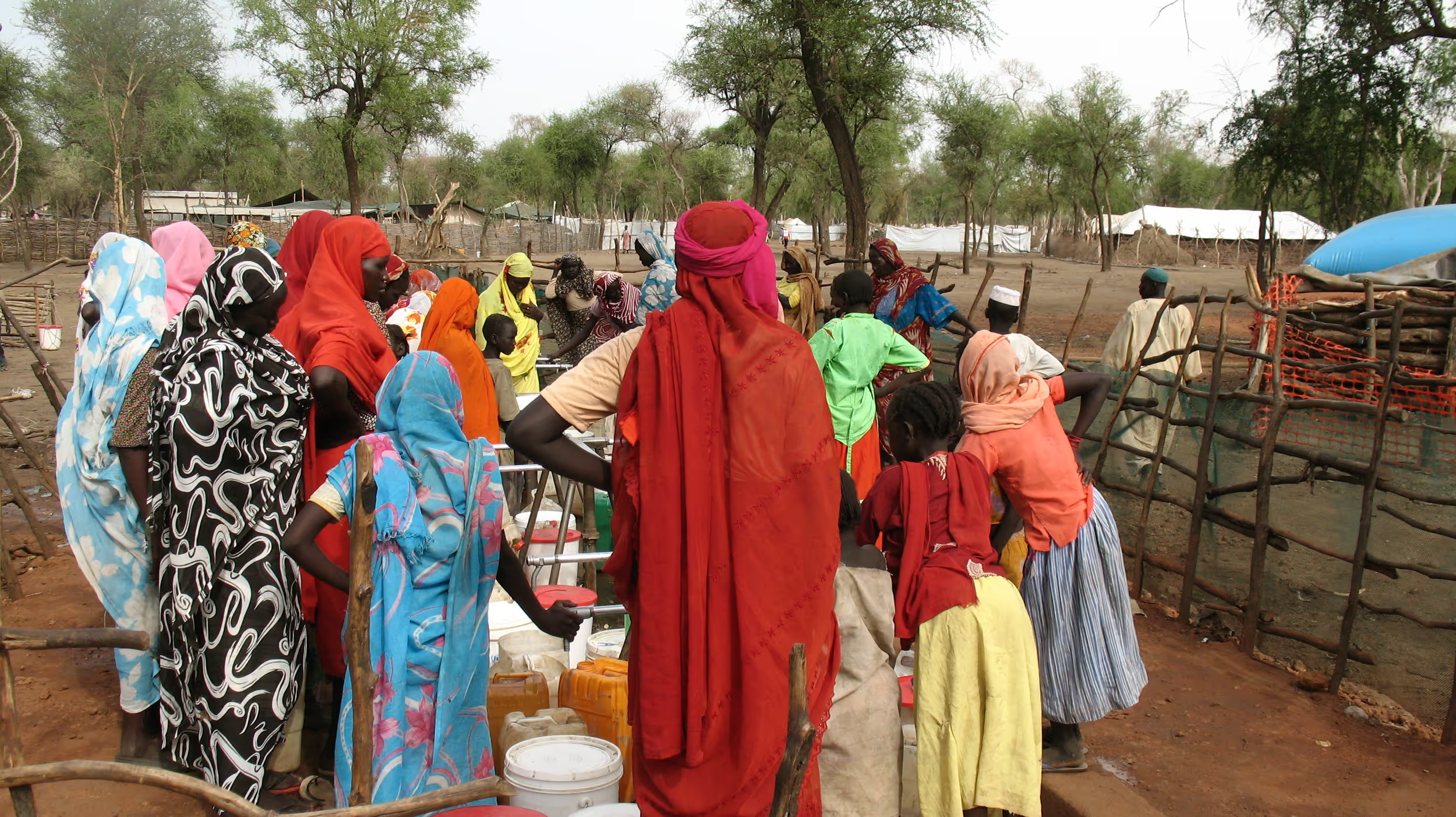
Project delivery & updates
Stay up to date with the latest developments from this project. Here, you will find details on what has been delivered, resources created, and regular updates as the project progresses. Access key documents, reports, and other materials to see how the project is making an impact.
Resources
Journal article
LEARN MORE
